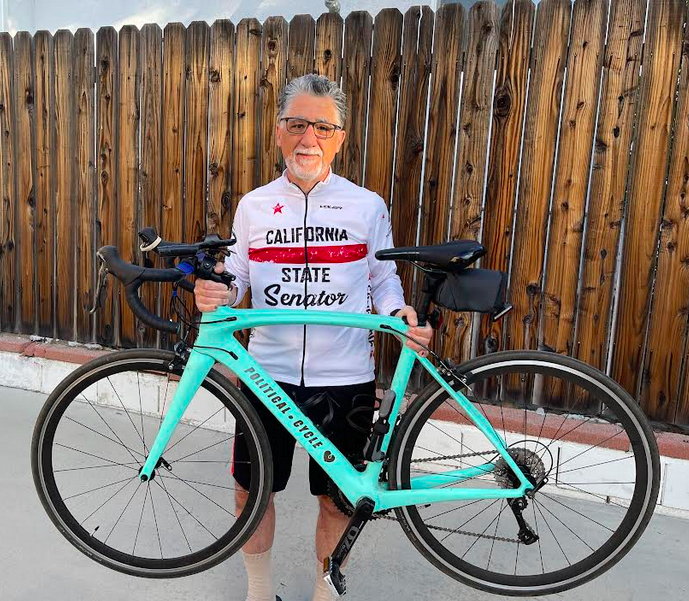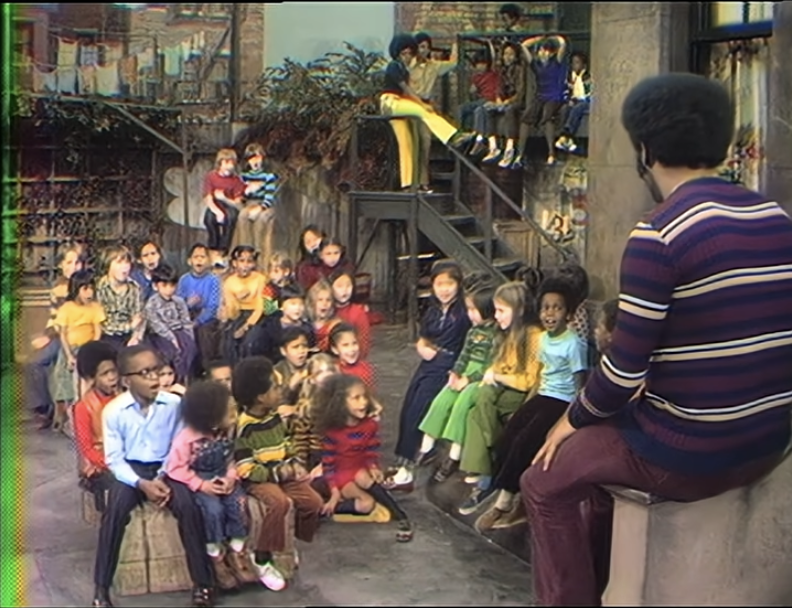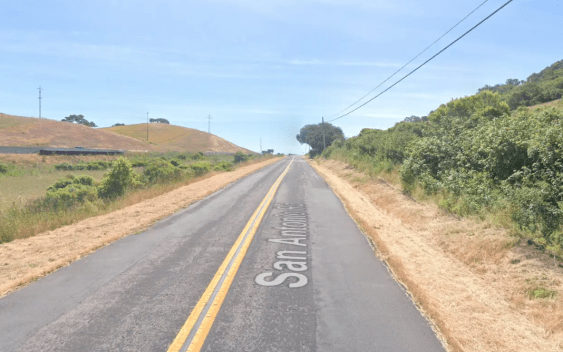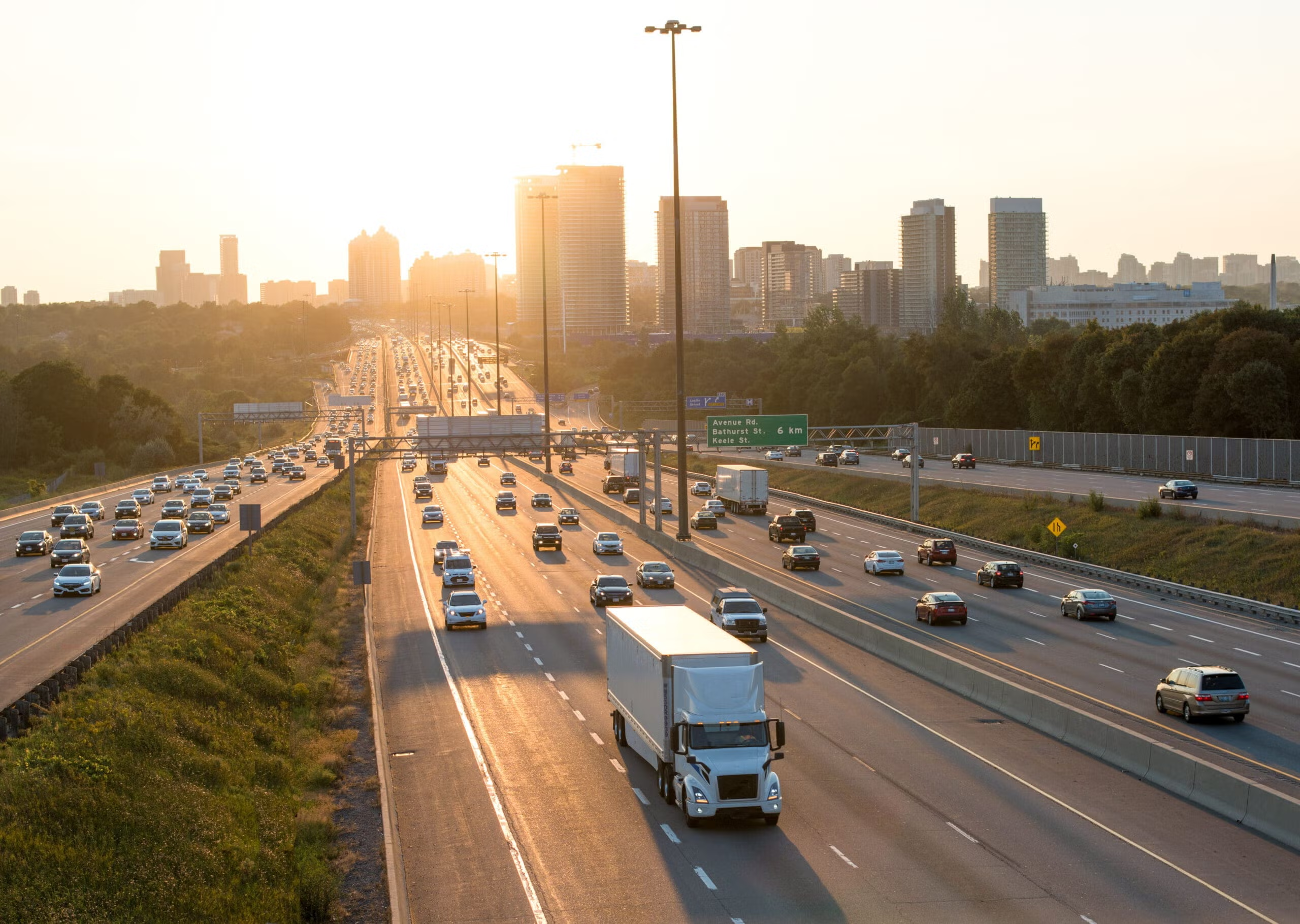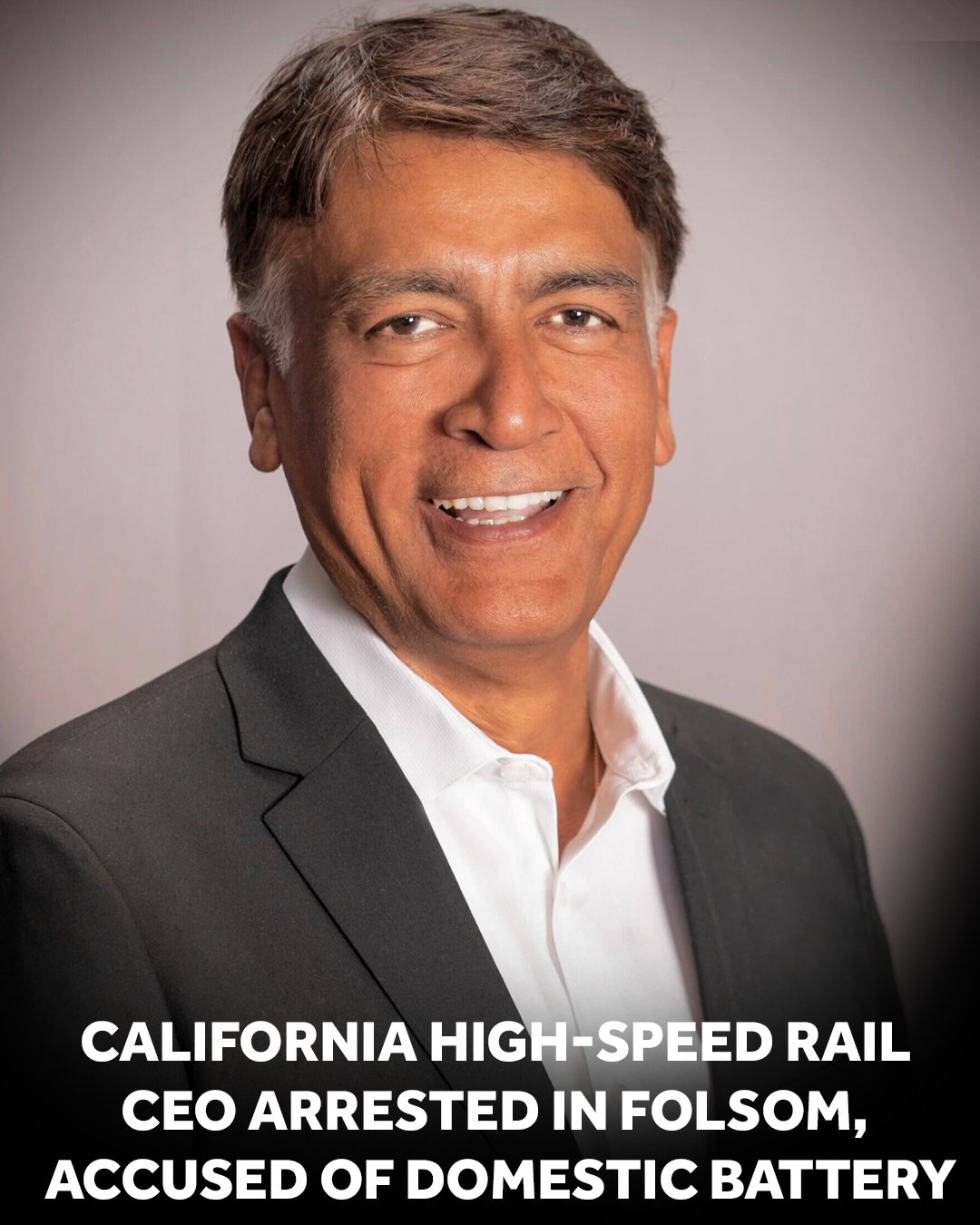It's not a new idea, but it might be new for a major political campaign: a "Match My Miles" bike-a-thon fundraiser, wherein sponsors pay per mile ridden by the candidate.
An added benefit is that the candidate - in this case State Senator Anthony Portantino (D-Glendale) - is happy to have an incentive to ride his bike a little farther and get more exercise.
Senator Portantino has made no secret that he is a recent convert to biking. As he tells it, he was a couch potato for forty years, having avoided all sports and athletic endeavors since college. A health scare goaded him to pursue bariatric surgery to help him lose weight, and during preparations for the surgery he was told: "If you think the surgery will solve your problem, you're going to fail." Instead, he was told, consider it "a second chance to develop better habits." So he turned to his old steel Schwinn steed and started putting on the miles instead of the pounds.
"My goal was to live long enough to know my grandchildren, who haven't been born yet," he told Streetsblog in a recent conversation.
This took place during the pandemic, which for many people was a miserable time, he said, "but it gave me the one thing I didn't have, which was time." He used that time to ride, and now he rides - or tries to, given his busy schedule - every day.
Now healthier, maintaining a better weight and making better food choices (no more Ruffles or MacDonald's fries), Senator Portantino shows up frequently to events in his district on his bike, helmet and lycra-clad, the new "bike guy" Senator meeting his constituents. He tries to schedule in-person meetings that he can ride his bike to. In Sacramento, it's a bit harder because construction on the Capitol building means the loss of access to a shower. "I use my bike less for work at the Capitol," he said, "but sometimes I'll come home and get my bike and ride to a reception."
He's been riding now for three years - October 9 is his surgery anniversary. "For me it's meditation, my alone, breathing time," he said. Riding "has given me an appreciation of the world around us." It has also helped him see traffic safety from a new perspective.
"You definitely see there's a desire in the work force from people who would rather walk or bike to work," he said. "I get that there's frustration - they wish there were more opportunities for that. And I think we have to respect that burgeoning desire to get to work by alternative means, as we plan, as we talk, as we budget."
He rides through small cities in his district, and notices how each one is different in terms of bike infrastructure. "You can feel it," he said. "Some say it's a lack of resources and some say it's a lack of planning; if we provide more resources and hold cities accountable, then we can make sure that bike and pedestrian friendly opportunities are not left out of the resource pot."
The legislation the Senator has authored and championed since his recent conversion reflect what he's learned about safety and priorities on the streets.
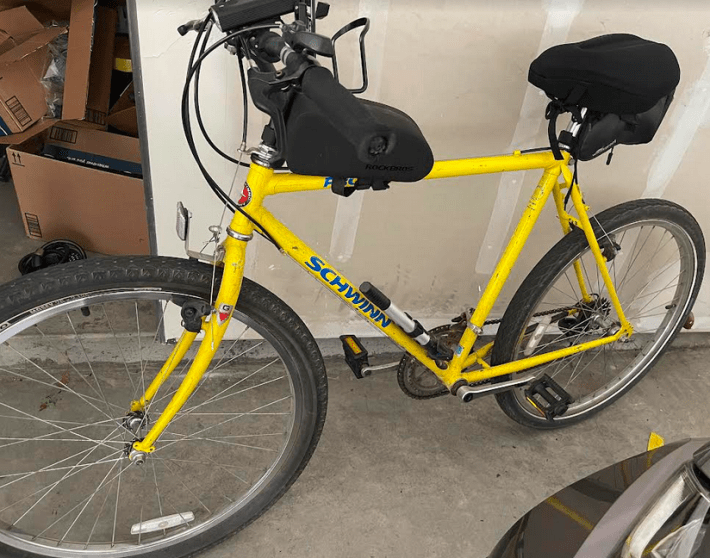
They include S.B. 932, which was signed by the governor a year ago, which requires cities to develop bicycle and pedestrian plans as well as traffic calming plans when they update their general plans. He also proposed an ultimately unsuccessful bill to create a tax credit for households that own fewer than one car per adult. That one was vetoed by the same Governor Newsom who had suggested giving drivers a bonus relief payment when gas prices started going through the roof (that also went nowhere).
As head of the Senate Appropriations committee he had a hand in killing a 2021 bill from his then-colleague, Assemblymember Laura Friedman, that would have prohibited cities from requiring developments near transit to include minimum amounts of parking. However, he ultimately championed the same idea in his own bill, S.B. 1067. Eventually he set that bill aside and helped pass Friedman's second bill on the topic, A.B. 2907, which is now law.
Currently he is working on several bills that prioritize bicycle and pedestrian planning and use. One (S.B. 538) would create a "Bicycle Czar" (Chief Advisor on Bicycling and Transportation) within Caltrans to oversee and weigh in with the Caltrans director on bicycle issues. "Somebody contacted me on Facebook," he said, "and told me that England had just created an Active Transportation Chief, and that we should too. I wish I could find that post - I stole their idea. If it's one of your readers, tell them to identify themselves!"
Another legislative goal is to make it easier for e-bike and e-scooter riders to store and recharge their devices. S.B. 712 would prevent landlords from prohibiting a tenant from owning or storing and recharging "personal micromobility devices" in their units.
He's also the author of a bill sponsored by Streets for All aimed at making it easier for people to participate in their local governments. S.B. 411 would allow neighborhood councils to continue to hold meetings via teleconferencing, so that people can attend via computer if they wish. "It allows more participation, and also cuts vehicle trips," he pointed out.
Senator Portantino said that when he first ran for city council in the late 1990s, the number one issue constituents were concerned about was speeding on residential streets. And only now, after years of work by his colleagues, California might get a pilot program to test speed cameras in some areas.
None of these problems are new - but if legislators can look at them from a new perspective, because they've made a big change in their lives, we're all that much closer to figuring them out.
